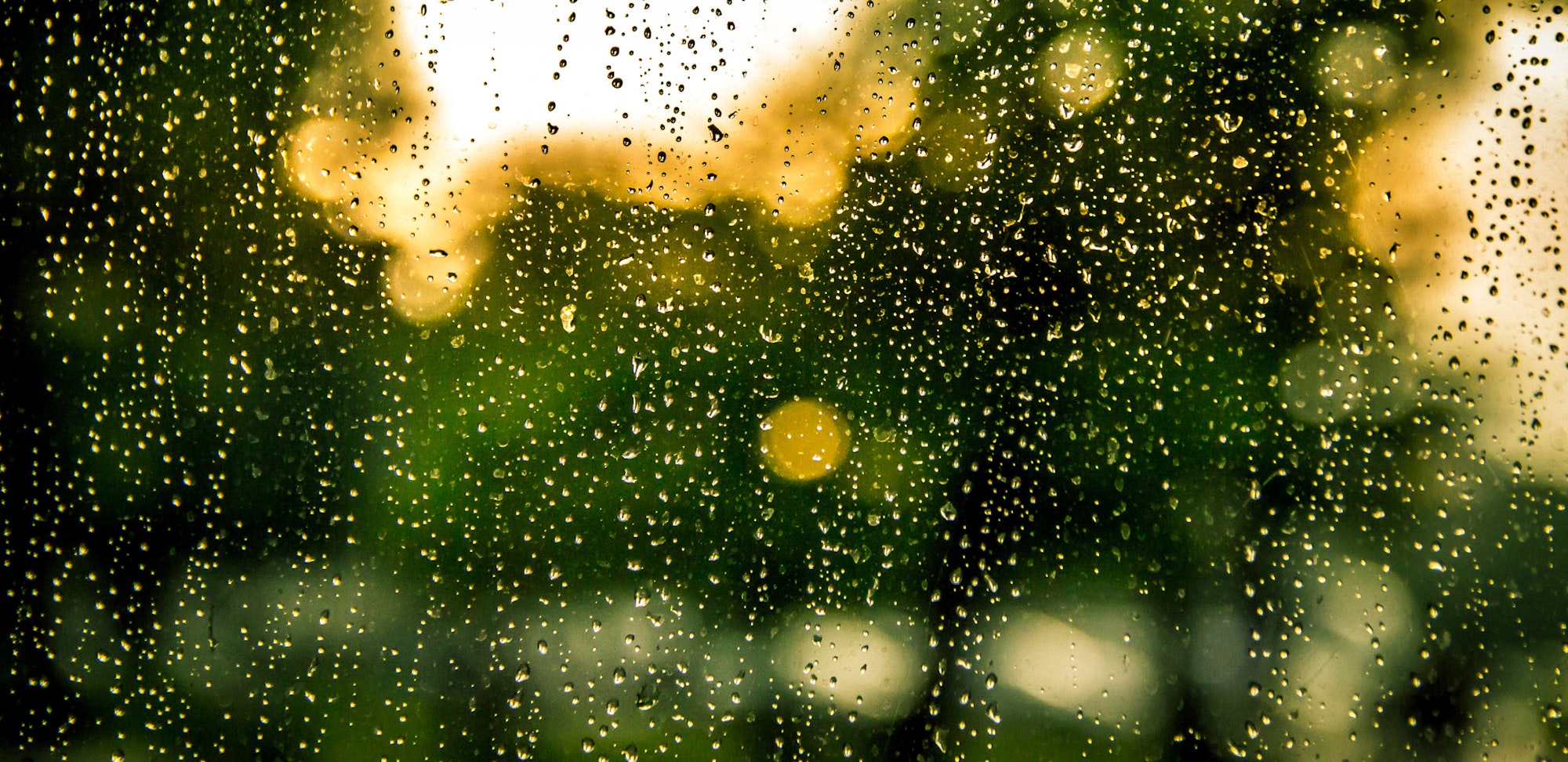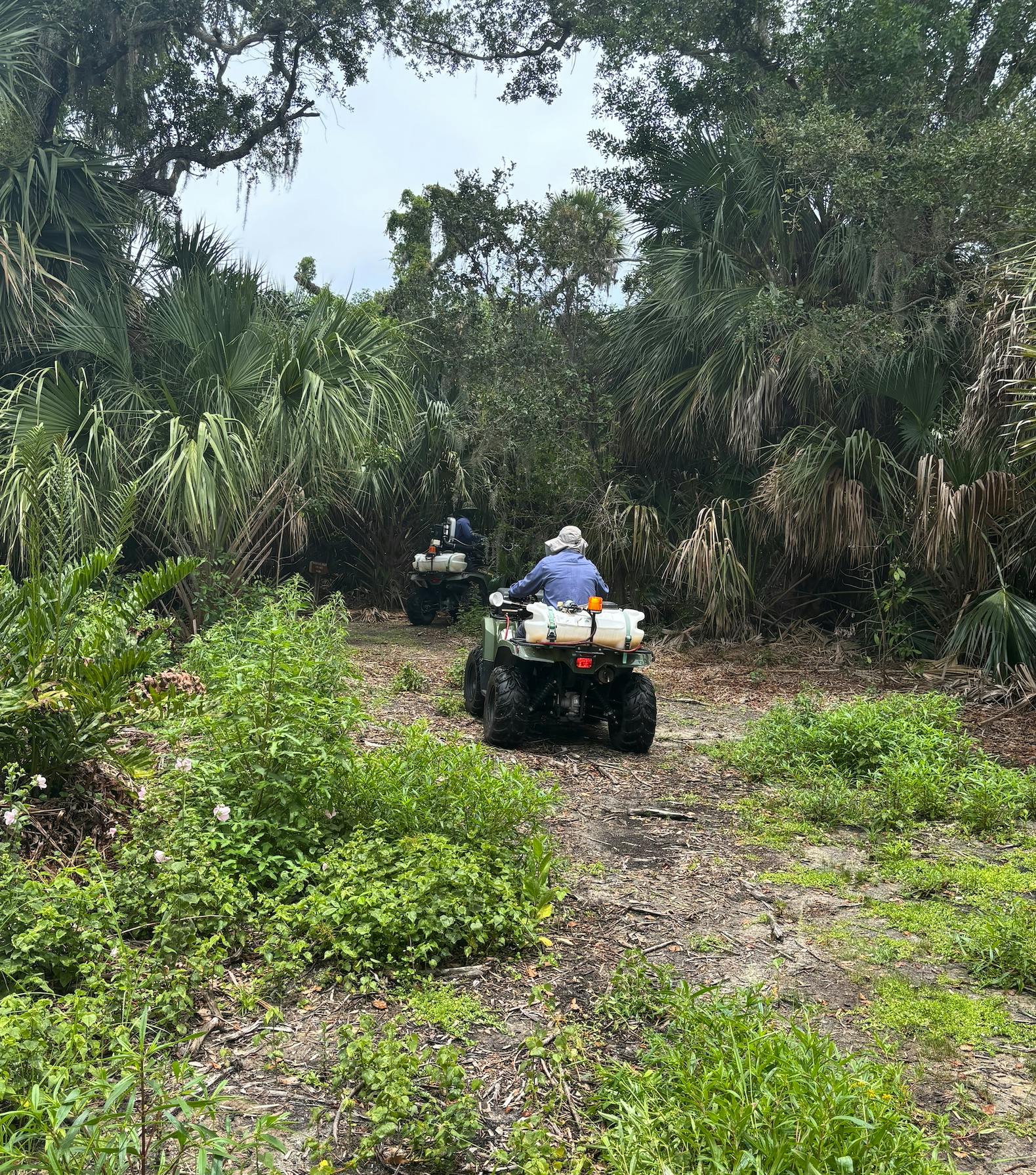UPDATE: High Mosquito Populations

UPDATE: Rainfall and Flooded Areas
Due to recent rainfall, mosquito populations are currently elevated. Treatments have resumed, however once wind speeds are above 10 mph and/or there is rainfall we will have to hold treatment until weather conditions impove. We appreciate your patience as we are monitoring the weather and trying to provide treatment when able.
In the meantime, please help reduce mosquito breeding around your home by emptying any containers holding water, and protect yourself by wearing insect repellent as per the label .
Thank you for your cooperation and understanding.
Please contact the district if you have questions or concerns. 772-562-2393 or irmcd@irmcd.org
For more information see below.

What Are We Doing?
The district employs field inspectors who visit hundreds of known mosquito-producing areas and are checking the water for the presence of larvae. Inspection and treatment information is recorded in a computerized database. Regulations require us to document that mosquitoes are occurring in a marsh to justify treating them.
If the affected area is small, the inspectors usually apply an appropriate larvicide immediately to kill the mosquitoes. When large, flooded areas need larval treatment, a local flying service (T.R. Summersill Inc., Belle Glade, FL) is contracted to make these applications with fixed-wing aircraft. In some limited areas, slow-release granular formulations are used to provide long-term control of saltmarsh mosquitoes.
Adulticiding is the application of products to kill adult mosquitoes by ground or air and is most effective when the mosquitoes are in flight. While source reduction and larvicide are typically the most effective control techniques, adulticide is an extremely important part of any Integrated Mosquito Management (IMM) program.
Adulticide treatments are determined on a day-to-day basis when surveillance has indicated that mosquito levels justify the need for spraying and are per state criteria.
ULV truck applications are conducted after sunset, when most mosquitoes are active, and the spray is most effective. Conducting treatments at night also reduces the risk of harming beneficial insects that are active during the daytime. The District maintains a fleet of nine spray trucks and will continue to monitor the situation using ULV treatment trucks as needed.
